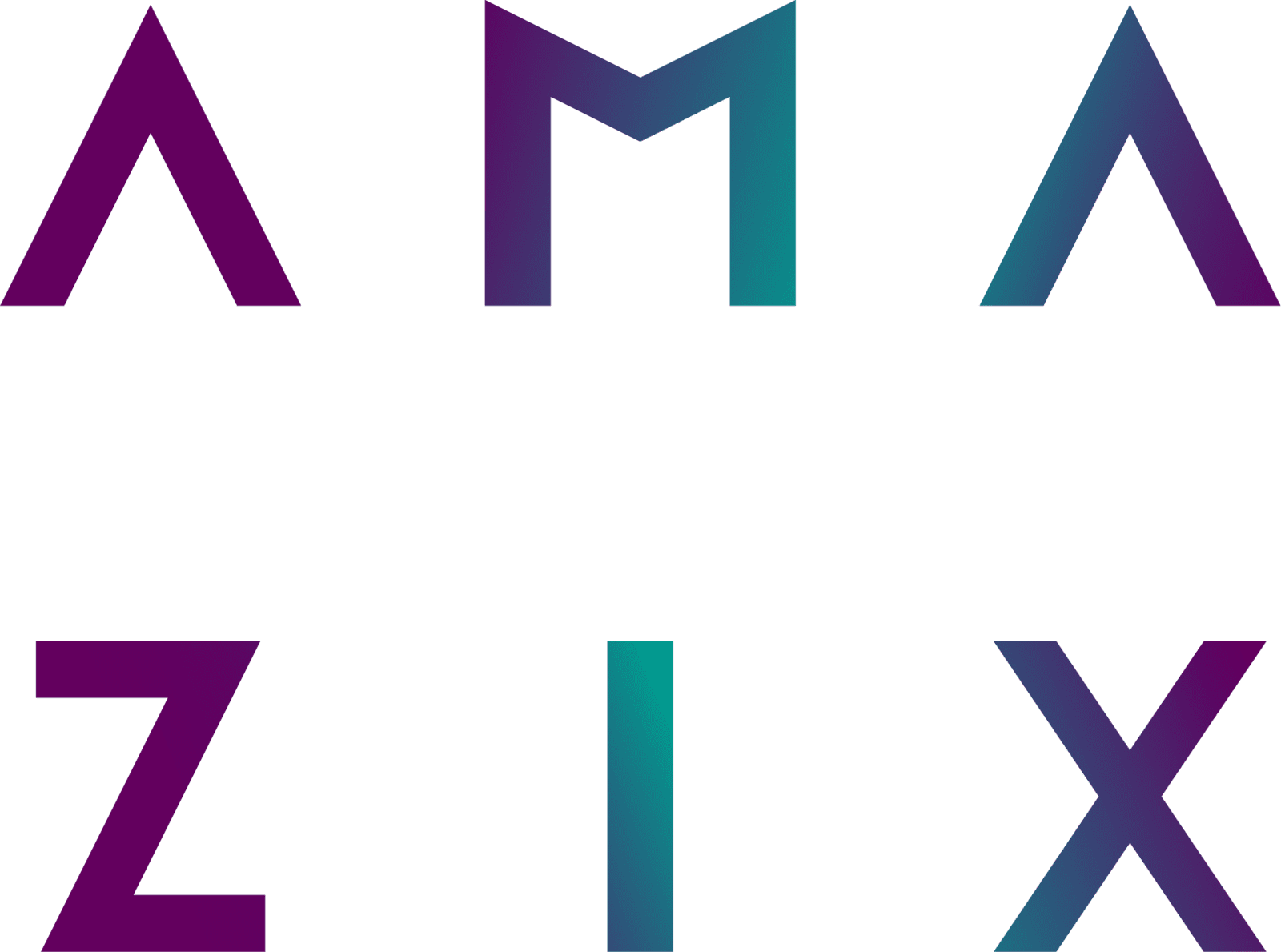Like many in this industry, Paul Gordon's involvement with crypto began as a hobby more than anything else, having had two previous decades of derivatives trading in financial markets. "Before you knew it... 7 or 8 years had passed by!", he recalls.
Heading up Coinscrum as the first Bitcoin meetup in London (he won't take credit for that), he says he is still as motivated by new ideas in the space as ever, and he still organizes events to bring people together every month to share and discuss developments and discoveries.
The idea behind organizing meetups was really just because there weren't that many people who'd caught the Bitcoin bug in those formative years when the discussion was mainly confined to Bitcointalk and Reddit.
"It was a lot more manageable and less noisy then but then I think around that time everyone thought: "I want to meet other people." It felt very strange around that time. We know that if you kind of got the bug for it and then when you started talking to friends about it they were like: "Yeah, you're crazy. Go away". So everyone wanted to find some other people to prove that they weren't completely mad."
From five people meeting up over beers in September 2012, new faces started trickling in and by early 2013; over a dozen people started to build up during the second Bitcoin bubble. He would later brush shoulders with the likes of hacktivist anarchist Amir Taaki, trading legend Johnny Bitcoin, and R3 Corda's Richard Brown.
Recognizing that the early years would require work in terms of how trading and exchange would look like in the digital assets market, Paul's initial efforts looked at bringing in aspects of traditional market infrastructure. There's a different shift in focus of late, though, with a relaunch of startup and investor pitching events. Additionally:
"For the last six or nine months we've been looking at the community that developed over this time to look at what can do with it. We've actually developed some different event strains, we're looking at primarily being quite core technology focused over the years. we've recently launched events which are looking at the trading ecosystem and hopefully creating some more accessible content which isn't too technical.”
He believes that the current context of the industry is in fact in a far healthier situation than it was during the 2017 boom:
“Now the dust has settled after the whole kind of ico frenzy I believe we're starting to see some interesting new teams form and projects start to come out of the woodwork. And expectations are tempered and far more sensible which is a good thing.”
Paul does concede that the success of his organized meetups has been in part good fortune, and because it was set up when there were few events of its nature to join. Nevertheless, he says that it has remained attractive over the years because of the meetups have retained their appeal for newcomers, despite having a high level of technical knowledge:
“When they come, they can always find someone who will never be dismissive, you know, be patient, answer their questions… I've always asked people to present somewhere in the middle. To challenge newcomers but to engage those that do have kind of better understanding as well.”
From coining the term “shitcoin”, to the realities of crypto regulations, join us and Paul Gordon for a peek into the early thoughts from pioneering crypto communities and how they’ve changed for modern times. It’s all in Episode 15 of the Talkonomics Podcast.
“I don't think technology is going to change people's ideology. Reality is.” -- Paul Gordon, Coinscrum co-founder
